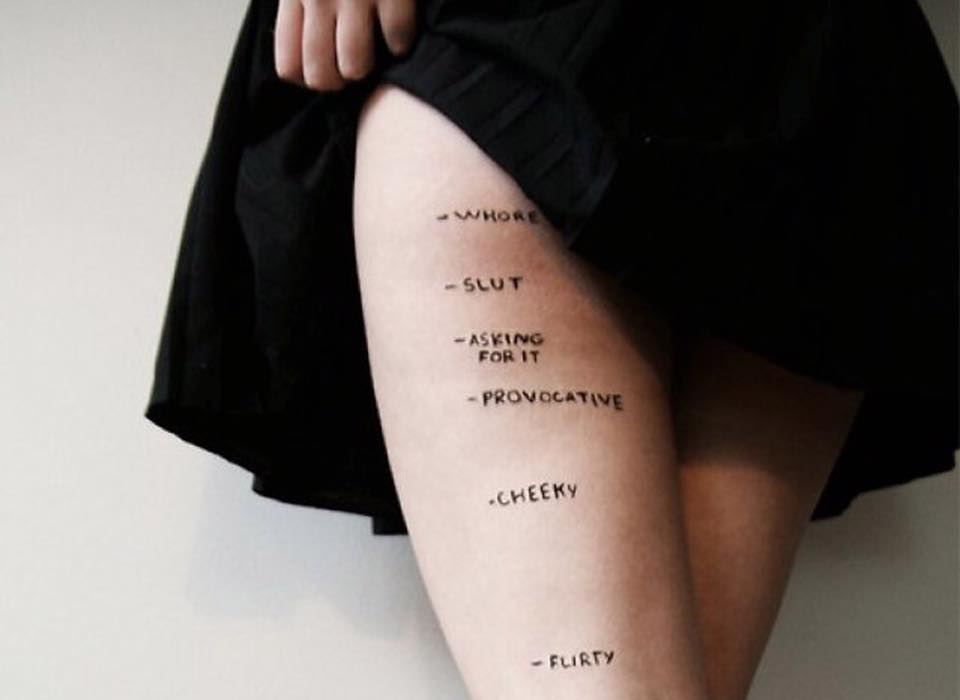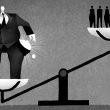By Eleanor Crossey Malone
The World Health Organisation (WHO) has described violence against women as a “global health problem of epidemic proportions.” Research carried out by the European Agency for Fundamental Rights found that 26% of women in Ireland had experienced sexual or physical violence at the hands of a partner or non-partner, and 31% had experienced psychological abuse from a partner, including economic abuse and controlling or coercive behaviour.
Only 21% of women who had experienced abuse reported it to Gardaí. Of those who reported sexual violence, 31% said they had been treated either neutrally or insensitively by Gardaí. In the UK, only 5.7% of reported rape cases result in a conviction for the perpetrator – far lower than the conviction rate for any other crime.
The sexism of the system
The trivialisation of gender violence by law enforcement feeds into the social stigma that discourages survivors from coming forward. It is estimated that the real statistics are likely to be higher than those contained in recent reports. Sexism exists, not only in backward social attitudes which must be challenged – one third of people in the UK believe that a woman who flirts is partially responsible if she is raped – but at every level of the legal system, and is underpinned by an economic system with no genuine interest in ending oppression.
Owing to the sexism of the capitalist system, women can be paid less for the same work, are more likely to be in low-wage jobs and on zero hour contracts, and therefore tend to depend more heavily on basic services whose funding is being slashed by pro-austerity governments: housing, education and healthcare. At the same time that demand for women’s refuges and rape crisis centres is rising, funding to those services is being cut. The economic precarity faced by many women experiencing abuse can be a huge factor in keeping them locked into abusive relationships.
Ulster rugby rape trial
During the ongoing trial in which Ulster and Ireland rubgy players are accused of raping a young woman at a party, there has been fury at many of the comments made by the defence in court. When the young woman told the court she had consented to a kiss from Paddy Jackson, but had not given consent to anything else, the defence barrister accused her of “teasing” Jackson, and asked her, “if you didn’t like him, why were you kissing him in his bedroom?”
The young woman was initially reluctant to report what had happened to the police, fearful that she would not be believed. The comments by the defence make it clear that the fear of not being believed has a firm basis in reality, and point to the prevalence of rape culture and victim-blaming in society: the idea that the victim must have done something to diminish the attacker’s responsibility for their own actions. At the same time, many are disgusted by the treatment that the young woman has received, and completely reject the medieval and innately sexist ideas being espoused by the defence.
#Metoo
The trial is taking place in the context of people and particularly younger women becoming increasingly unwilling to accept sexism or oppression in any form. The #MeToo movement on social media exposed not only the scale of sexual violence, harassment and abuse in society, but also gave an opportunity to many survivors to collectively break their silence.
The movement for abortion rights makes clear that the status quo of backward laws and a legal system are completely unacceptable to women and young people, the misogyny inherent in the culture of victim blaming will not be tolerated either. We need a socialist feminist movement that link this aspiration for equality to the need to challenge a capitalist system that has oppression woven into its fabric.












